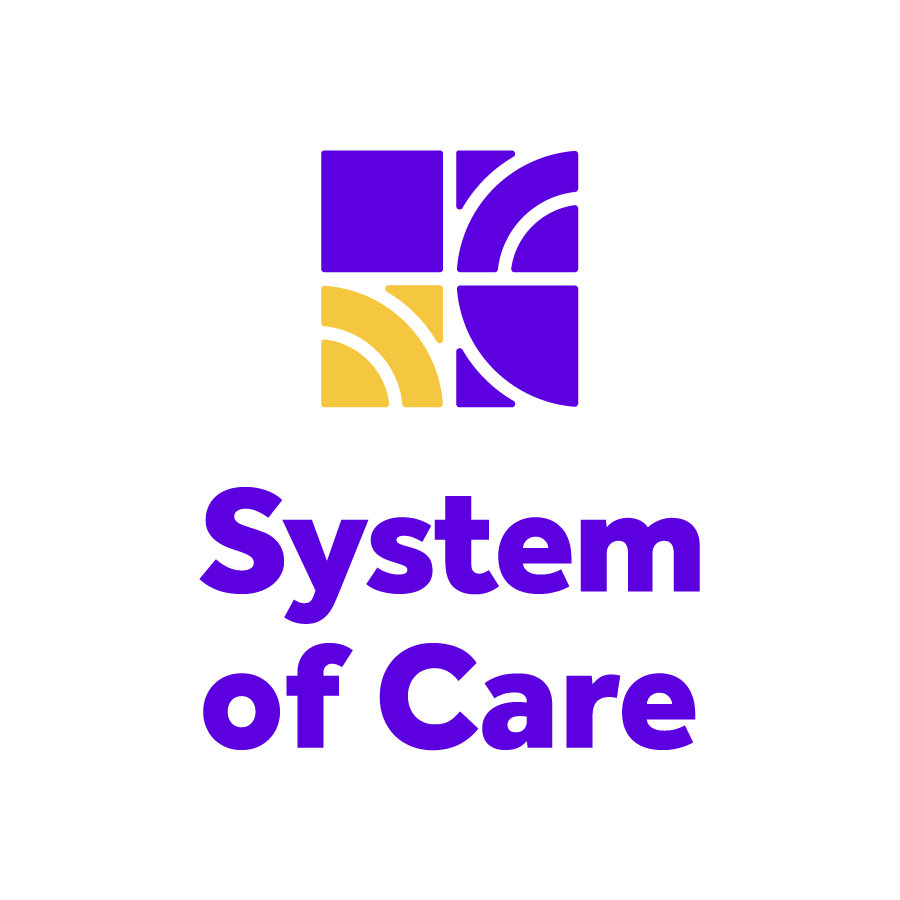ODHS Self-Sufficiency Programs
Who We Are
The Department of Human Services Self-Sufficiency Programs provide assistance for low-income individuals and families to promote family stability and help them become self-supporting. Self-Sufficiency Programs’ (SSP) mission is to provide a safety net, family stability and a connection to careers that guide individuals and families out of poverty.
Types of assistance
Refugee Program: Designed to serve single adults and childless couples in the first eight months of arrival in the U.S. or from the date in which an eligible immigration status is granted. Assistance includes cash assistance, medical assistance and employment services, for those that do not meet the eligibility standards for other programs administered by the Department of Human Services (DHS).
Temporary Assistance for Domestic Violence Survivors: Provides safety planning support and temporary financial help to support families whose safety is at risk due to domestic violence. Eligibility is based on a participants current or future risk of domestic violence.
Temporary Assistance to Needy Families (TANF): Provides case management and cash assistance to low-income families with minor children to help pay for basic living expenses while they strive to become self-sufficient.
Family Support and Connections: Designed to strengthen families and support effective parenting. The program provides services to increase what are known as parental protective factors. Families that join the program are connected with a Family Support and Connections advocate. Advocates are flexible and available to meet anywhere your family feels comfortable. Your family advocate will help identify the strengths and needs of your family, and work with you to find the solutions that work best for you and your children.
Supplemental Nutritional Assistance Program (SNAP): For low income individuals and families to assist them in meeting their nutritional needs. DHS provides supplementary information as needed to increase the likelihood that people have adequate nutrition. Referrals can be to other food programs such as Women, Infants and Children (WIC), Meals on Wheels, free/reduced school lunches, Oregon Food Bank Food Pantries etc.
Employment Related Day Care: A child care subsidy program intended to help low income families by providing child care assistance necessary for employment. ERDC has a dual purpose of promoting self-sufficiency and fostering healthy child development and school success. DHS will pay a portion of their child care bill directly to the family's chosen provider. Families have a co-pay based on their household income.
How to apply for assistance
Families apply for assistance on behalf of themselves and/or their children. They can apply at a DHS Office. SNAP benefits can be applied for online at https://apps.state.or.us/onlineApplication/
Information about eligibility and how to apply can be found online at ONE.Oregon.gov
Programs have separate eligibility and income requirements. Clients may apply for more than one program.
How to coordinate with us
Find a Self Sufficiency local office here.
If you have any questions about the services a family is receiving through Self Sufficiency, you can call the below contacts based on where the family receives benefits.
Washington County
Beaverton: Jeremy Preston – 971-291-5376 or jeremy.preston@state.or.us
Hillsboro: Katie Lamberger – 971-297-2708 or katie.Lamberger@state.or.us
Tigard: Maria Cervantes – 971-470-8984 or maria.r.cervantes@state.or.us
Clackamas County
Cindy Moon – c. 971-813-3194 or d. 971-673-7107 or cindy.moon@dhsoha.state.or.us
Multnomah County
Darlene Thao — 503-757-3133 or DARLENE.X.THAO@dhsoha.state.or.us
Additional resources for basic needs
Rose City Resource Guide - Find reduced cost or free services in Multnomah, Washington and Clackamas counties.
2-1-1 Info - Social Services - or - Dial 211 for local resources
Community Action - Washington County resource for utilities assistance and housing stability resources
Laundry Love - Find locations that washes the clothes and bedding of low/no income families and person(s)
Tri-Met Honored Citizens Card - Reduced fare for low-income riders, seniors, Medicare beneficiaries and riders with a mental or physical disability
Tri-Met LIFT Paratransit - Shared-ride service for people who are unable to use regular buses and trains due to a disability or disabling health condition
